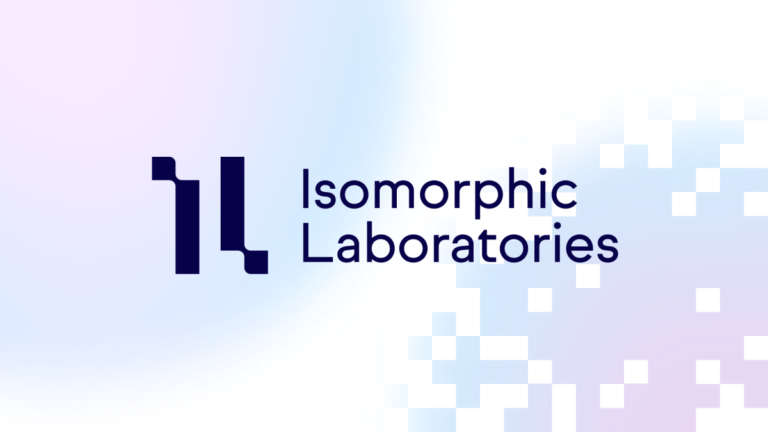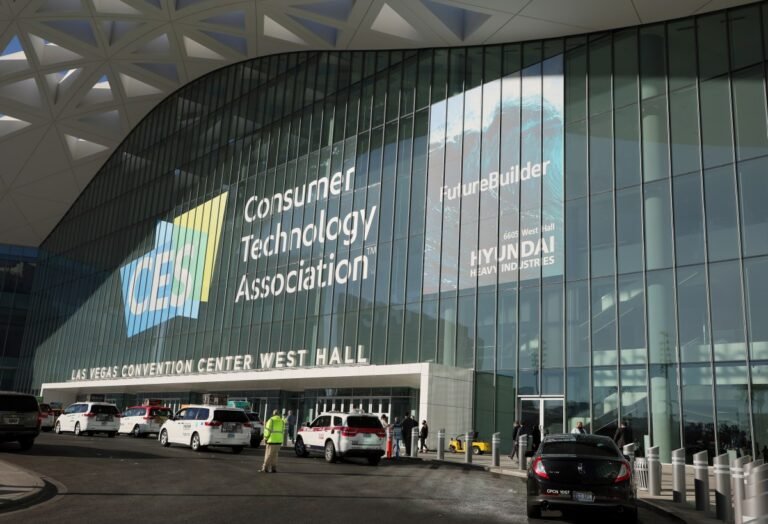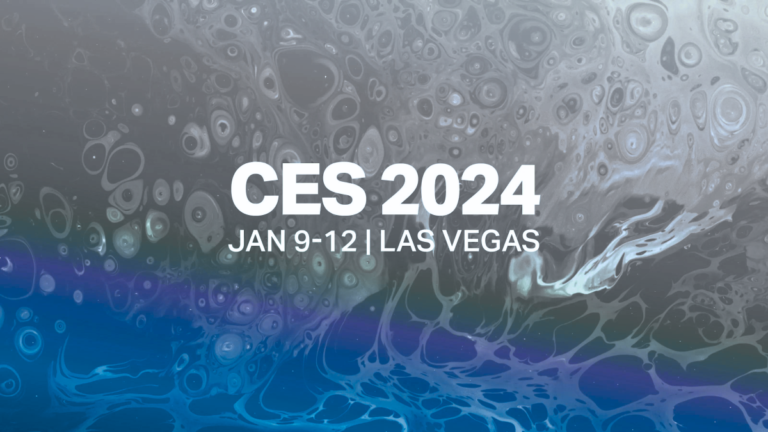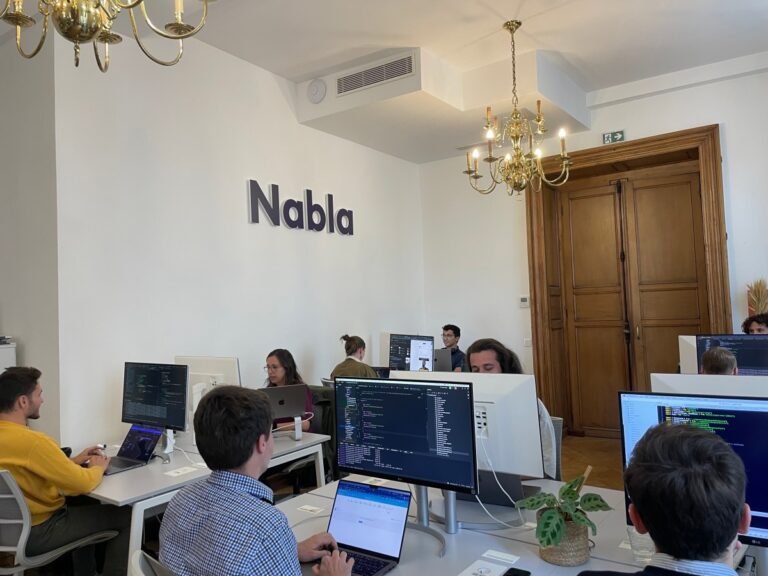
Isomorphic Labs, the London-based, drug discovery-focused spin-out of Google AI R&D division DeepMind, today announced that it’s entered into strategic partnerships with two pharmaceutical giants, Eli Lilly and Novartis, to apply AI to discover new medications to treat diseases.
Isomorphic will receive $45 million upfront from Eli Lilly and potentially up to $1.7 billion based on performance milestones, excluding royalties.
Researchers recently used AlphaFold to design and synthesize a potential drug to treat hepatocellular carcinoma, the most common type of primary liver cancer.
The latest version of AlphaFold can generate predictions for nearly all molecules in the Protein Data Bank, the world’s largest open access database of biological molecules, DeepMind announced in late October.
Already, Isomorphic is applying the new AlphaFold model, which it co-designed with DeepMind, to therapeutic drug design, helping to characterize different types of molecular structures important for treating disease.

In October, Box unveiled a new pricing approach for the company’s generative AI features.
Instead of a flat rate, the company designed a unique consumption-based model.
Each user gets 20 credits per month, good for any number of AI tasks that add up to 20 events, with each task charged a single credit.
If the customer surpasses that, it would be time to have a conversation with a salesperson about buying additional credits.
Spang says, for starters, that in spite of the hype, generative AI is clearly a big leap forward, and software companies need to look for ways to incorporate it into their products.

Simultaneously, developers and the wider DevSecOps community must prepare to address four global trends in AI: the increased use of AI in code testing, ongoing threats to IP ownership and privacy, a rise in AI bias, and — despite all of these challenges — an increased reliance on AI technologies.
Successfully aligning with these trends will position organizations and DevSecOps teams for success.
From luxury to standard: Organizations will embrace AI across the boardIntegrating AI will become standard, not a luxury, across all industries of products and services, leveraging DevSecOps to build AI functionality alongside the software that will leverage it.
To prepare, organizations must invest in revising software development governance and emphasizing continuous learning and adaptation in AI technologies.
In our latest Global DevSecOps Report, 81% of respondents said they would like more training on how to use AI effectively.

Welcome, folks, to Week in Review (WiR), TechCrunch’s regular newsletter that recaps the week in tech that was.
In this edition of WiR, we spotlight Brian’s CES 2024 preview, 23andMe blaming victims for its data breach, GitHub making Copilot Chat generally available and Frontdesk laying off its entire staff.
But first, a reminder to sign up here to receive WiR in your inbox every Saturday if you haven’t already done so.
Most readCES 2024: Brian has a thorough roundup of what to expect at CES 2024, including — but not limited to — generative AI, robotics, TVs, cars, smartphones, and health tech.
Frontdesk CEO Jesse DePinto said that Frontdesk would be filing for a state receivership, an alternative to bankruptcy, according to TechCrunch’s sources.

The convergence of Big Tech, finance, and government has enabled a new data economy.
The first movement in the megacycle was the General Data Protection Regulation (GDPR) when the EU championed data privacy in 2016.
Brazil stepped up and created comparative data privacy rights and is investing heavily in data infrastructure and regulation to enable citizens to capitalize on their personal data.
Data privacy will evolve into data ownership rights in 2024Our data could power an entirely new data economy that could benefit every person who participates in it or not, based on their decision-making.
The next tech megacycle — one in which everyday citizens worldwide own and control their personal data that powers AI — began about a year before the global COVID pandemic.

CES 2024: Follow along with TechCrunch’s coverage from Las Vegas TechCrunch will be on the ground at CES 2024 in Las Vegas for innovations in hardware, transportation, AI and everything in betweenCES 2024 is almost upon us, and a team of TechCrunch reporters and experts will be on the ground in Las Vegas to give you the biggest news out of the consumer electronics show.
To help you keep tabs on those, we’ve put together all the ways to watch live on press day here.
Here’s how to follow along with TechCrunch reporters at this year’s conference.
Hardware Editor Brian Heater will cover up and coming hardware startups, in addition to innovations in robotics, hardware and AI.
And if you’re really old-school in your news consumption, you can bookmark our CES 2024 page so you don’t miss out on every update.

As Brian, Mary Ann and Zack wrote earlier this week, we lost a lot of startups in 2023, but honestly, I don’t think that’s a bad thing.
Startups aren’t meant to last forever — they either evolve into a fully fledged corporation with a growth trajectory, or they cease existing altogether.
A tale of two pedalsTim Stevens did a deep dive, comparing the various driver assist systems currently on the market.
The EV free-for-all (except not free): EV fast-charging networks are bracing for a turbulent 2024 as they grapple with Tesla’s expanding Supercharger dominance.
: The New York Times is suing OpenAI and Microsoft, alleging they trained AI models on Times’ content without permission.

With so much in the rearview mirror, it’s hard to predict what will happen with AI startups in 2024.
But some people, like investors, make their living from shrewd bets, so TechCrunch+ recently asked more than 40 investors what they think AI investing could look like in 2024.
Most investors told TechCrunch+ that they expect the current swell of funding to continue but were optimistic that the industry is moving past its initial hype cycle and toward more durable businesses.
Lisa Wu, a partner at Norwest Venture Partners, expects opportunities in verticalized AI to be particularly attractive this year.
“For example, law firms that effectively leverage AI will be able to offer their services at lower cost, higher efficiency and higher odds of favorable outcomes in litigation.”

Nabla has been working on an AI copilot for doctors and other medical staff.
Nabla then uses a large language model refined with medical data and health-related conversations to identify the important data points in the consultation — medical vitals, drug names, pathologies, etc.
The company uses a combination of an off-the-shelf speech-to-text API from Microsoft Azure and its own speech-to-text model (a refined model based on the open-source Whisper model).
Once the LLM has processed the transcript, Nabla de-pseudonymizes the output.
However, doctors can give their approval and ask for the patient consent to share medical notes with Nabla so that they can be used to correct transcription errors.

So it’s no surprise Nvidia promises a focus on AI and content creation during their kickoff address at CES.
LG will also feature updates on home, mobility and, you guessed it, AI in its CES event.
As has been the case for several years, Samsung will focus on the rest of their product lines at CES 2024.
Samsung has already revealed some AI applications in the kitchen and in its updated robot vacuum lineup, with more expected from its CES event being livestreamed via their newsroom site.
Sony has highlighted the use of its technology within its film and gaming efforts at past CES events, and by focusing on “Powering Creativity with Technology,” that looks to be the same at CES 2024.













